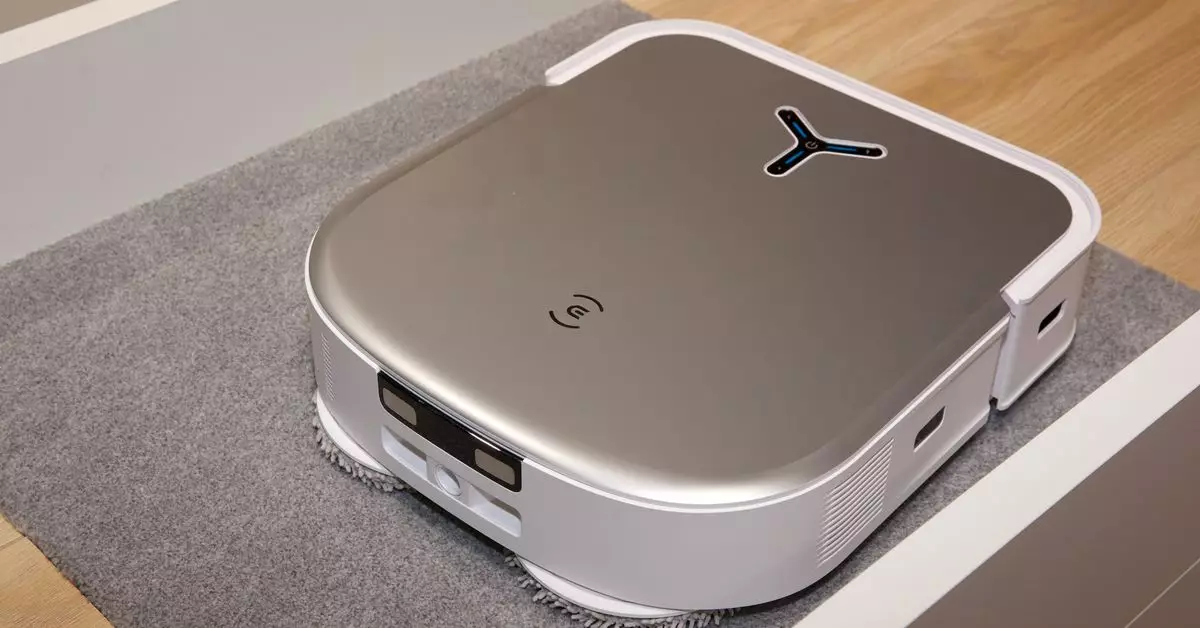In a shocking twist that underscores the vulnerabilities inherent in today’s smart home technology, reports have surfaced about Ecovacs’ Deebot X2 Omni robotic vacuum cleaners being hacked, allowing unauthorized users to exploit them for disturbing purposes. As detailed by ABC News Australia, several owners across the United States experienced a creepy invasion of privacy when their devices started broadcasting racist slurs and targeting pets. The incident adds yet another layer to the growing concerns regarding the security of Internet-connected devices that increasingly populate our living spaces.
One of the most alarming accounts comes from Daniel Swenson, a lawyer from Minnesota, who recounted an unsettling evening with his family when the robotic vacuum emitted strange sounds resembling a garbled radio transmission. After attempts to reset the device seemingly failed, he was horrified to discover that the noise escalated into a discernible voice, reportedly that of a teenager hurling slurs. Other owners from cities like El Paso and Los Angeles relayed similar experiences, including one incident where the Deebot was wielded to chase a pet dog around the house. These accounts highlight a sinister misuse of technology designed to simplify our lives, instead turning into tools for harassment and intimidation.
In response to the outcry, Ecovacs stated that they had recognized the hacking as a “credential stuffing event” and blocked the original IP address responsible for the invasive actions. They claimed no evidence was discovered suggesting that usernames or passwords were compromised. While the company has pointed to a resolution of a previously identified flaw that allowed easy access to the device, the recurrence of such incidents raises serious questions about the efficacy of their security measures. Moreover, the forthcoming November update intended to bolster security leaves many uncertain about existing vulnerabilities that have yet to be addressed.
This incident shines a light on the broader implications of cloud-connected smart home devices, raising alarms about the potential for abuse. From hacking exploits to simple human error, the rise of devices like the Deebot X2 Omni reveals that convenience does not come without risks. As more consumers incorporate smart technology into their homes, incidents like these serve as troubling reminders of the importance of robust security measures.
As the demand for smart home technology accelerates, manufacturers must reevaluate their approach to security. The aim should not only be to provide innovative solutions but also to protect consumers from the very real threats that accompany digital connectivity. It is imperative that companies prioritize the development of sophisticated security protocols, along with immediate responses to any breaches. The Deebot X2 incident offers a wake-up call for both manufacturers and consumers about the potential dangers lurking behind the enticing facade of modern technology. If we intend to embrace the future of smart homes, we must ensure they do not become a source of fear and discomfort.

